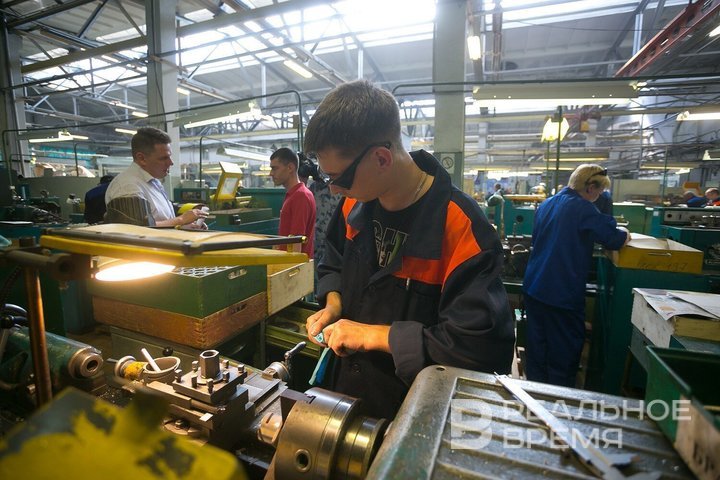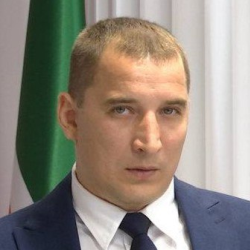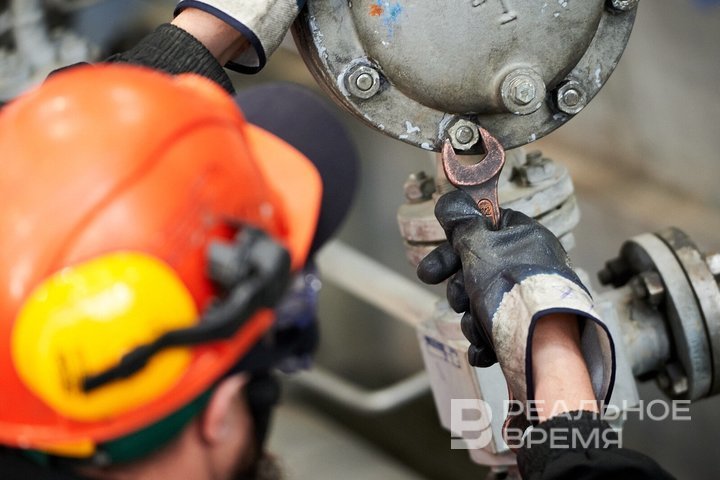‘There is not enough work with the younger generation’: why vocational college graduates don’t go to work by trade

“What is 68%? We must employ at least 90%!”
Only 68% of vocational school graduates in Tatarstan are employed by trade. Such disappointing statistics were announced by Minister of Education of Tatarstan Ilsur Khadiullin at a recent republican meeting of education and science workers.
In total, 22,200 people received diplomas from vocational education organisations in the republic in 2023, of which 75% studied at the state’s expense. In general, the employment rate of vocational school graduates in Tatarstan is 10% higher than the Russian average; there are many educational institutions where employment by trade is below 50% — mainly colleges in the districts of the republic.
At the meeting, Ilsur Khadiullin offered that the heads of these colleges together with employers and local authorities to prepare proposals to revise their training areas in favour of in-demand specialties.
“I believe that it is not graduates who need to be employed, but the heads of these colleges need to be. They need to be given more suitable work. Why keep them? Why do we need them? What is 68%? We must employ at least 90%!” Governor of Tatarstan Rustam Minnikhanov commented on the situation. And he demanded to hold personnel commissions and “see why we need such institutions” reorienting them to train personnel for whom there is a demand.
“If you talk to large employers, they will all say that they don’t see prospects in students”
As Director of the Kazan Employment Centre Timur Mullin explained to Realnoe Vremya, the main reason why graduates do not work by trade is because of employers’ poor performance.

Working conditions and salaries go next. According to the director of the employment centre, there are several tools to prevent the outflow of graduates.

“Firstly, targeted training is one of the tools for employers who have a personnel shortage. Targeted training guarantees that a graduate will be employed exactly where needed after graduation. Secondly, this is work with students who are currently studying,” he noted.
In general, we can say that 90% of graduates are employed in one way or another:
“There is a system that allows you to track the employment of graduates after graduation — according to it, 90% are employed in one way or another. There is no gradation by specialty because our labour market is free. In other words, a person can study to be a lawyer and work as a courier, but in fact he is employed,” Timur Mullin noted.